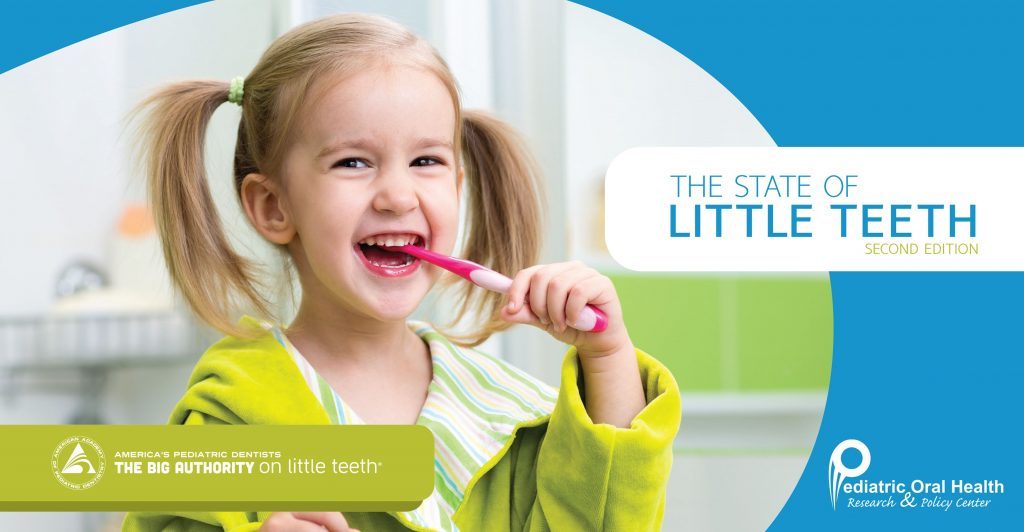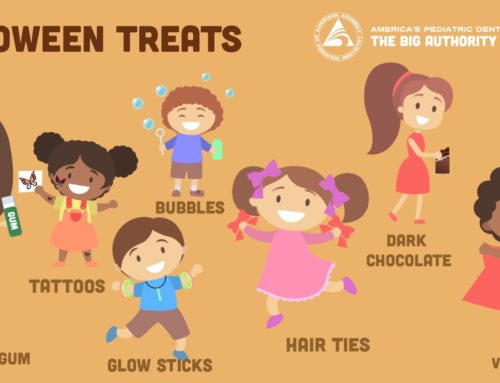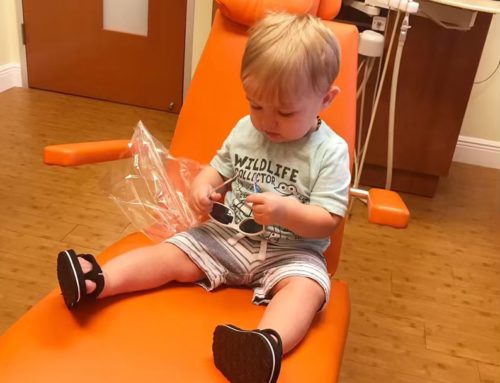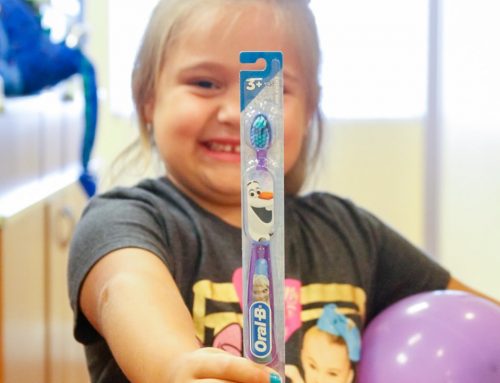
Your BIG AUTHORITY on little teeth just released the second edition of the “State of Little Teeth Report” which draws on the latest scientific research and best available expertise to examine challenges facing the oral health of our children and what we can do about them. Check out the full report here where you will find how tooth decay is affecting our little ones as well as expert advice and solutions on the part of pediatric dentists, parents and our nation’s leaders. The good news: tooth decay has decreased over the past four years. The bad news: nearly half of children aged 6-11 and more than half of children aged 12-19 in the U.S. are affected by tooth decay which can cause up to $25,000 worth of damage to teeth and is 100 percent preventable.
There are small yet important changes you, as a parent and caregiver, can make today to ensure your child is set up for a lifetime of healthy habits and help reverse the tooth decay epidemic among our children:
Check out these five tips you can implement right away:
- Create a Dental Home by Age One
- Starting regular oral care at a young age will lead to healthy oral health habits for life, so take your child to a pediatric dentist by age one, or at the sign of his or her first tooth.
- Brush Together
- Brushing habits make an impact as kids get older when they choose to implement the habits they learned from mom, dad or their caregiver. Make sure you brush with your child for two minutes, twice a day.
- It’s How Often, Not how Much:
- How much sugar your child eats and drinks throughout the day is a big factor in causing tooth decay. Don’t let your child snack or drink apple juice or orange juice all day. Stick to designated meal times with water in between and limit snacking to no more than three times a day.
- Toothaches Can Talk
- It is important to not ignore toothaches at any age. This is especially true with young children, as toothaches can be a warning sign for a number of ailments, including cavities or infection, which can be treated and prevented if caught early.
- Healthy Teeth and Special Needs
- Parents and caregivers of special needs children often have concerns about their child’s tolerance of a dental appointment, but postponing the visit is not the answer. Pediatric dentists have unique expertise and extra training to treat children with special needs. Beyond dental school, pediatric dentists have 2-3 years of specialized training in areas such as addressing anxiety related to dental visits. Talk to your pediatric dentist about best-practice recommendations that can help better meet your child’s specific needs.
Original Article Found Here…





